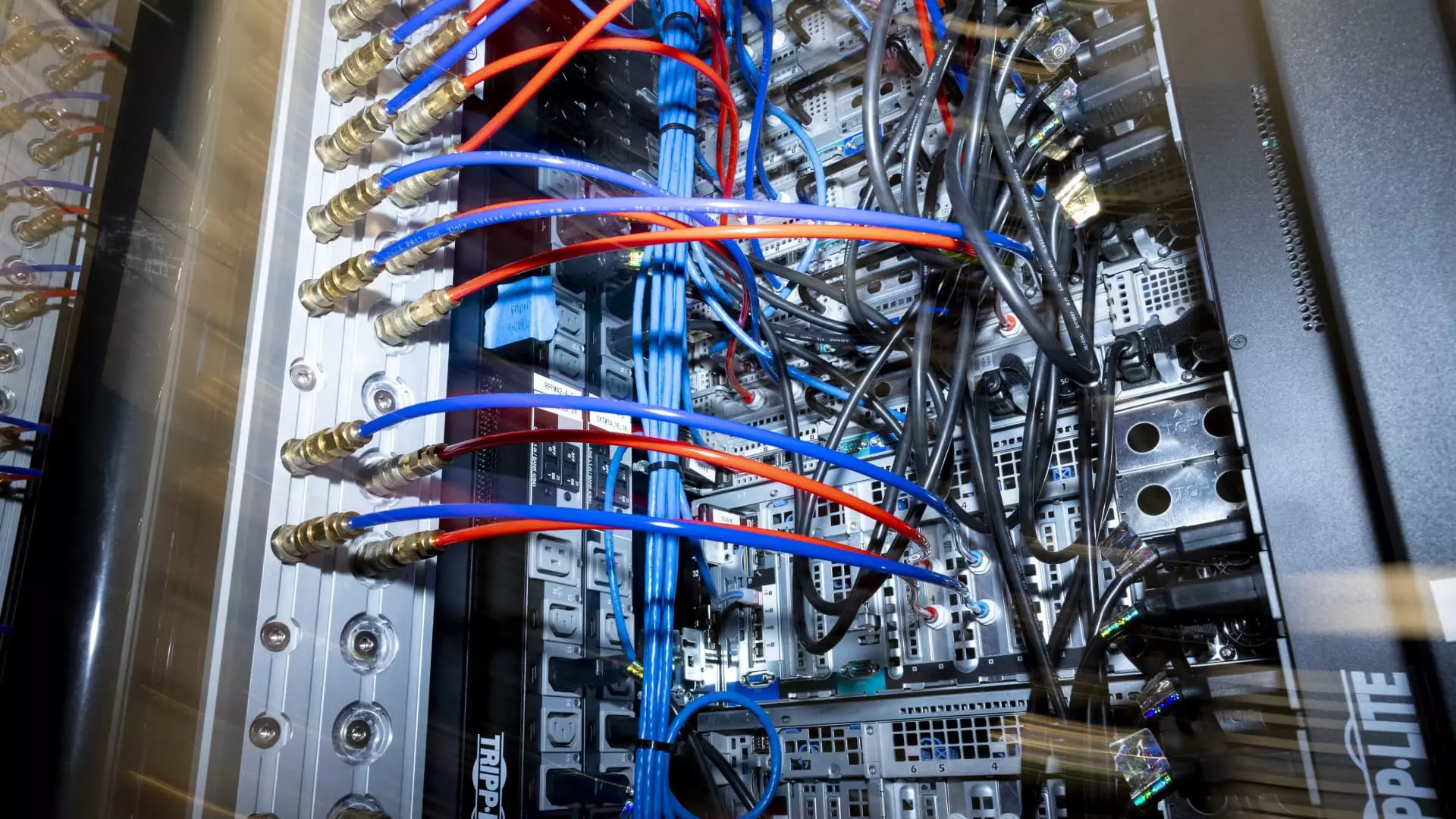In a significant move reflecting growing tensions between the United States and China, the U.S. government is poised to finalize regulations that target investments into China, specifically in sensitive technology sectors. The Treasury Department is set to enforce a notification requirement for outbound investments that relate to critical technologies like artificial intelligence, semiconductors, microelectronics, and quantum computing. Such technologies not only have profound implications for commercial advancements but also for military capabilities. The expected announcement is likely to arrive within the next week, as per reports from various outlets including Reuters.
The impetus behind these regulations stems from the Biden administration’s overarching goal to protect national security by restricting the flow of technology and financial resources that could potentially bolster China’s military modernization. The strategic assessment is clear: high-tech innovations that might be leveraged for defense purposes pose a significant risk when developed by nations viewed as adversaries—specifically, the People’s Republic of China (PRC). This initiative is a continuation of previous efforts, as evidenced by the comprehensive export controls established in October 2022, targeting China’s access to advanced semiconductor technologies.
Industry Responses and Public Consultation
As part of the regulatory process, the Treasury Department has sought input from the public, inviting both individuals and companies to provide suggestions on defining the scope of these rules and identifying which transactions merit restrictions. This collaborative approach could indicate an awareness of the delicate balance required to protect national interest while not stifling legitimate business ventures and technological exchanges that could benefit both countries.
Timing and Political Considerations
The urgency of implementing these regulations before the upcoming presidential elections on November 5 cannot be overlooked. Former Treasury official Laura Black hinted that the administration may wish to solidify these rules ahead of the vote, which could play a role in the broader political landscape as candidates grapple with issues of national security and economic policy. As U.S. voters become increasingly concerned about geopolitical tensions, decisive actions such as these regulations could potentially influence public opinion and voter sentiment.
The implications for both the U.S. and Chinese economies are substantial. On one hand, tight restrictions on investments could lead to a slowdown in technological collaboration, suppressing innovation in both countries. Conversely, U.S. firms may find themselves at a crossroads, balancing the risks associated with potential military applications of their technologies against lucrative markets in China. Moreover, the imposition of tariffs on Chinese imports adds another layer to the economic friction between the two nations, inadvertently complicating global supply chains.
As the finalization of these investment regulations approaches, the landscape of U.S.-China relations is entering a transformative phase. Balancing national security concerns with economic cooperation will require nuanced policymaking and keen oversight. The repercussions of these measures will likely shape the technological and geopolitical dynamics for years to come, underscoring the need for both nations to navigate their relationship with care in an increasingly complex global stage.

